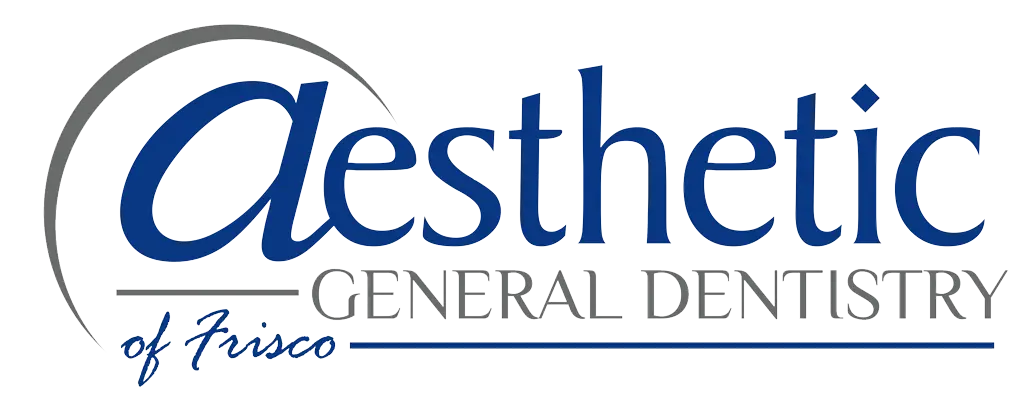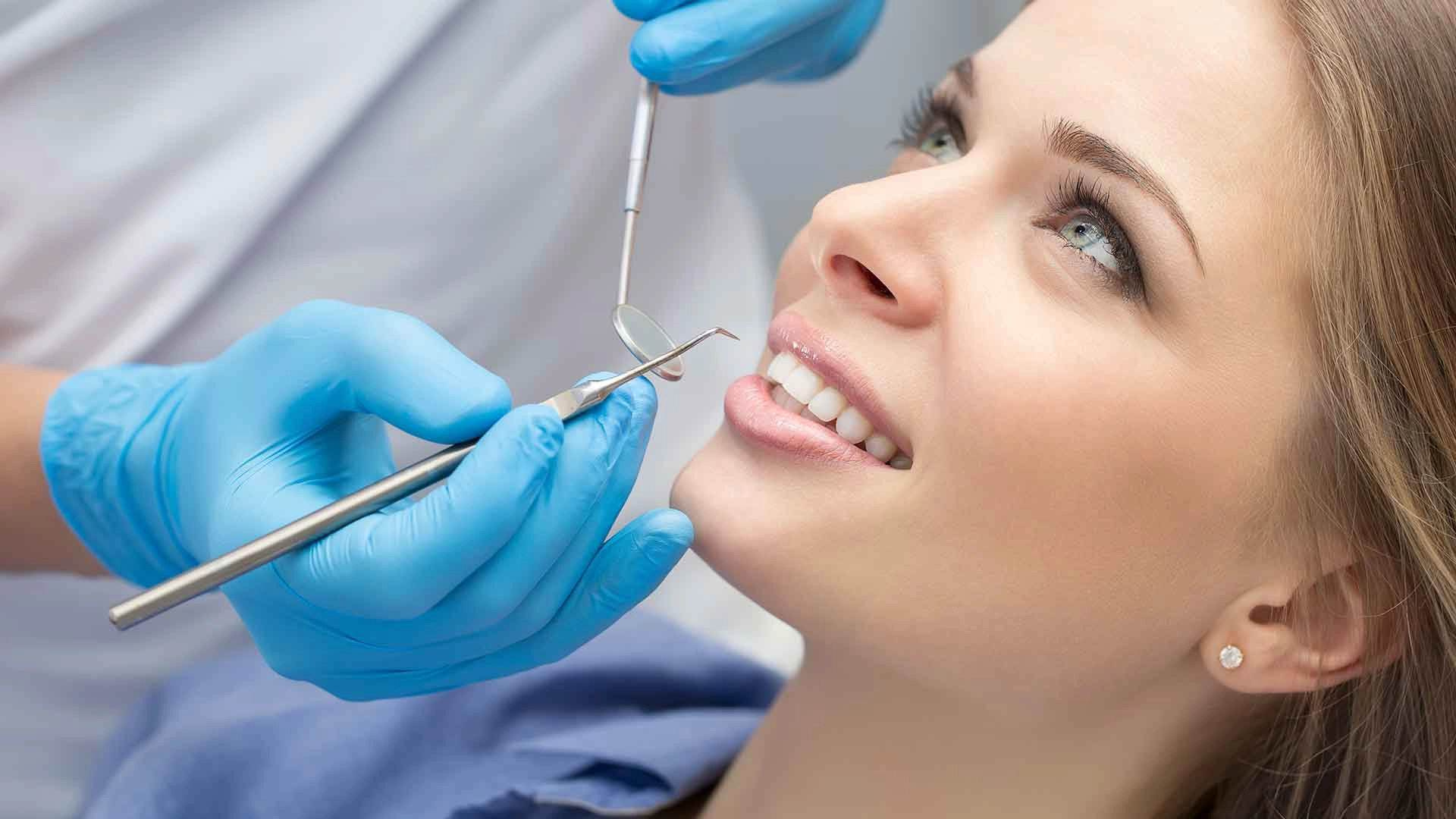Just like adults, children need regular dental care to ensure their teeth are healthy as they grow. Starting dental visits early is crucial—not only for keeping their smiles bright but also for setting a foundation of good oral hygiene that lasts a lifetime.
Early teeth cleaning does more than prevent cavities; it helps your child become comfortable in the dentist’s chair, reducing fear and anxiety about future visits. This early introduction to dental care teaches them the importance of taking care of their teeth, instilling habits like brushing and flossing regularly.
Moreover, a dentist can spot potential issues before they become serious, ensuring your child’s dental health is on the right track from the start. So, think of these early visits as an investment in your child’s health—a step that’s as important as any other in their early years.
What are the benefits of early teeth cleaning for children?
Early teeth cleaning for children offers numerous benefits to their dental health and well-being. Here are some key advantages:
- Prevention of Tooth Decay and Cavities: Regular cleaning helps remove plaque and tartar buildup, significantly reducing the risk of cavities and tooth decay, which is common in young children.
- Healthy Gums: Early cleanings help prevent gum disease by keeping the gums clean and healthy. This is crucial as gum health is foundational for overall oral health.
- Early Detection of Dental Issues: Routine dental visits allow for the early detection of potential problems such as misaligned teeth, bite issues, or early signs of tooth decay. Addressing these issues early can prevent more serious problems in the future.
- Education on Oral Hygiene: Regular visits to the dentist provide an opportunity for children to learn proper brushing and flossing techniques. This education helps establish good oral hygiene habits that can last a lifetime.
- Comfort with Dental Visits: Starting dental visits at a young age helps children become familiar and comfortable with the dental environment, reducing anxiety and fear associated with dental procedures.
- Building a Relationship with the Dentist: Early and regular visits help build a trusting relationship between the child and the dentist. This trust encourages continued regular visits as the child grows older.
- Overall Health: Good oral health is linked to overall health. Preventing dental issues can help avoid complications affecting a child’s health, such as nutrition and speech development.
- Cost Savings: Preventive care and early detection of dental issues can reduce the need for more extensive and costly dental treatments in the future.
- Boosted Confidence: Maintaining a healthy, bright smile boosts a child’s self-esteem and confidence, positively affecting their social interactions and self-image.
Early teeth cleaning and regular dental visits are essential in promoting and maintaining your child’s oral health, leading to a healthier, happier, and more confident future.
How does early dental care affect a child’s overall health?
Early dental care significantly impacts a child’s overall health, affecting various aspects of their physical, emotional, and social well-being. Here are some key ways in which early dental care influences a child’s overall health:
- Prevention of Systemic Health Issues: Poor oral health can lead to infections and diseases that may affect other parts of the body. For instance, untreated cavities and gum disease can lead to bacterial infections that can spread to other organs, potentially causing serious health issues like endocarditis (infection of the heart’s inner lining).
- Nutritional Health: Healthy teeth are crucial for proper chewing and digestion. Early dental care ensures children eat a balanced diet, promoting better nutrition and overall health. Painful dental issues can discourage children from eating certain foods, potentially leading to nutritional deficiencies.
- Speech Development: Dental health is vital to a child’s speaking ability. Early dental care helps prevent tooth decay and loss, which can affect speech and articulation development. Healthy teeth contribute to proper pronunciation and language development.
- Psychological Well-Being: Regular dental visits and good oral health can boost a child’s self-esteem and confidence. A healthy smile boosts self-esteem which is important for social interactions and emotional well-being.
- Prevention of Chronic Conditions: Early detection dental care can avoid chronic diseases. Untreated dental rot can cause chronic pain and infections that may require extensive treatment later on.
- Reduced Risk of Pain and Discomfort: Early dental treatment can prevent tooth decay, abscesses, and gum disease. These difficulties can be addressed early to reduce children’s discomfort and daily disturbances.
- Establishing Healthy Habits: Early dental visits educate children and parents about oral hygiene practices such as brushing, flossing, and healthy eating habits. These habits, established early, can last a lifetime and contribute to overall health.
- Impact on Sleep: Dental pain and discomfort can disrupt a child’s sleep, affecting their overall health and development. Early dental care helps prevent and address dental issues that could interfere with a child’s ability to get restful sleep.
Early dental care is crucial for ensuring a child’s overall health by preventing oral health issues affecting nutrition, speech, self-esteem, and healthy habits. Regular dental check-ups and good oral hygiene promote a healthier, happier, and more confident child.
At what age should a child start visiting the dentist?
A child should start visiting the dentist by their first birthday or six months after their first tooth shows. This early dental visit helps establish a foundation for good oral health and familiarizes the child with the dental environment, making future visits less intimidating.
Early dentist appointments can avoid dental issues and ensure a lifetime of good oral health. Regular six-month checkups are recommended after the initial appointment, depending on the child’s needs and the dentist’s advice.
What can parents do to encourage good dental hygiene in young children?
Parents play a crucial role in encouraging good dental hygiene in young children. Here are several strategies to help establish healthy dental habits from an early age:
- Start Early: Begin cleaning your baby’s gums with a soft, damp cloth even before teeth appear. Once the first tooth comes use a tiny spread of fluoride toothpaste and a gentle toothbrush.
- Make Brushing Fun: Make brushing fun by using toothbrushes with your child’s favorite characters, playing their favorite music, or making a sticker brushing chart to track their progress and reward consistency.
- Set a Routine: Establish a regular brushing routine by brushing twice daily, once in the morning and once before bed. Consistency helps children understand that brushing is a non-negotiable part of their daily routine.
- Lead by Example: Children often imitate their parents. Brush and floss your teeth with your child to show them you prioritize dental hygiene, too.
- Use the Right Tools: Choose age-appropriate toothbrushes and fluoride toothpaste. For children under three, smear toothpaste the size of a rice grain. For kids three to six, use a pea-sized amount.
- Teach Proper Techniques: Show your child how to brush their front, back, and chewing teeth. Instruct them to gently brush their tongue then to brush their tongue gently as well.
- Introduce Flossing: As soon as two teeth touch, begin flossing your child’s teeth. To make the process easier, use floss sticks or floss picks designed for children.
- Limit Sugary Foods and Drinks: Reduce sugary drinks and snacks to prevent tooth decay. Balanced diet includes fruits, vegetables, healthy grains, and dairy to promote healthy eating.
- Regular Dental Visits: Schedule regular dental check-ups starting by their first birthday. Regular visits help monitor dental health, provide professional cleanings, and allow the dentist to offer guidance on proper dental care.
- Educate on the Importance: Explain to your child why brushing and flossing are important in simple terms they can understand. Use stories, books, or videos that emphasize the importance of dental hygiene.
- Be Patient and Encouraging: Encourage your child and be patient as they learn to brush and floss independently. Building their confidence with praise and positive reinforcement make dental care a positive experience.
By incorporating these strategies, parents can help their children develop strong dental hygiene habits that will benefit them.
Start Early: Prioritize Your Child’s Dental Health!
Early teeth cleaning prevents cavities, promotes healthy gums, and establishes lifelong oral hygiene habits. Our friendly, experienced team ensures your child feels comfortable and safe during their visit, making dental care a positive experience. Regular checkups let us monitor your youngster’s dental development and address issues early, ensuring a bright and healthy smile for years.
Schedule your child’s appointment today and give them the gift of excellent oral health with Aesthetic General Dentistry of Frisco!

